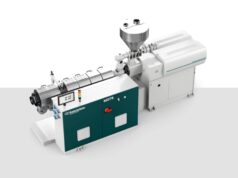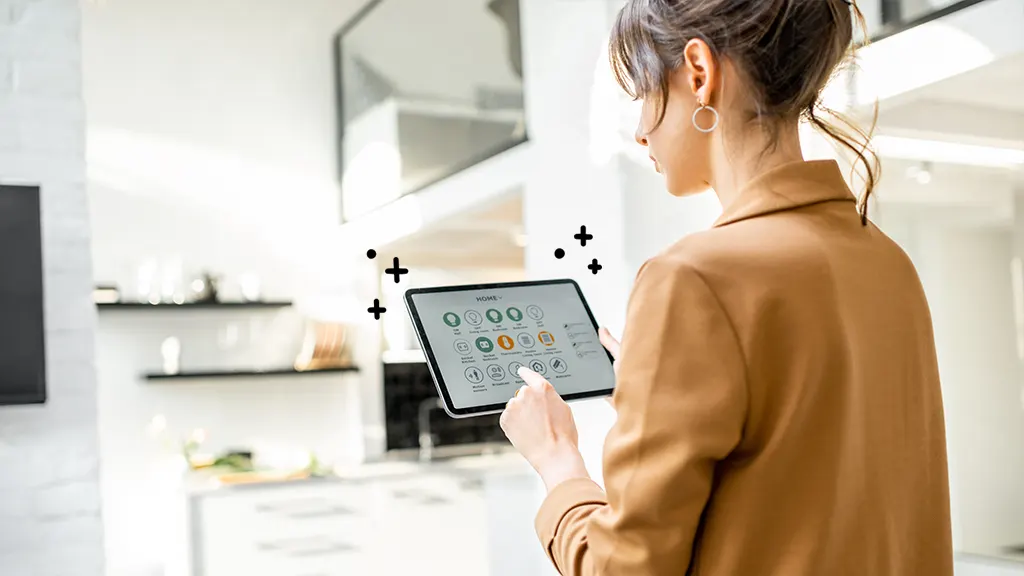
For years, home technology revolved around convenience. Smart thermostats learned your temperature preferences. Doorbell cameras gave you peace of mind. Now, the focus has shifted.
Modern home tech doesn’t just make life easier, it makes you more productive, more creative, and sometimes a lot more entertained. From the network that powers everything to the tools that support business, play, and content creation, the home is becoming a true hub for work and life.
Let’s take a closer look at eight ways technology is transforming how people live and work at home.
Smarter Wi-Fi Systems Provide the Backbone
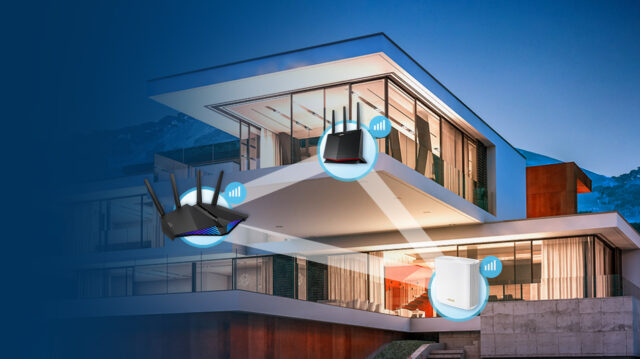
Everything begins with the network. If your connection is unstable, even the best tools can’t perform. That’s why the jump to new mesh systems is such a game changer. A WiFi 7 router uses advanced true mesh software to deliver faster speeds and lower latency across an entire home, even during peak usage. This makes a noticeable difference for video calls, streaming, cloud storage, and smart devices that rely on constant connectivity.
Unlike older models that depended on a single hub to broadcast a signal, mesh systems have multiple access points that connect with each other intelligently. This means fewer dead zones and a more consistent experience no matter where you are. For a household juggling remote work, online classes, and entertainment all at once, this kind of reliability isn’t a luxury. It’s essential infrastructure.
Gaming Tech is Driving Innovation

Gaming technology has quietly become one of the strongest engines behind broader tech advancements. High-performance graphics cards, faster refresh rates, and real-time rendering aren’t just for competitive players anymore.
They influence how virtual reality evolves, how creators design immersive environments, and even how workplaces handle remote collaboration. The gaming industry’s push toward cloud-based platforms and better latency solutions is changing how people experience digital spaces in general.
For example, cloud gaming has forced internet providers and hardware manufacturers to rethink speed, bandwidth, and accessibility. These improvements benefit everyone, from professionals running data-heavy simulations to families streaming multiple 4K videos at once. It’s also inspiring new kinds of content creation.
Many influencers now build audiences through live gameplay, product reviews, or commentary, turning entertainment into a career path. For businesses, this shift matters because consumer expectations for quality and responsiveness are rising across every digital experience.
Smarter Home Offices Boost Efficiency
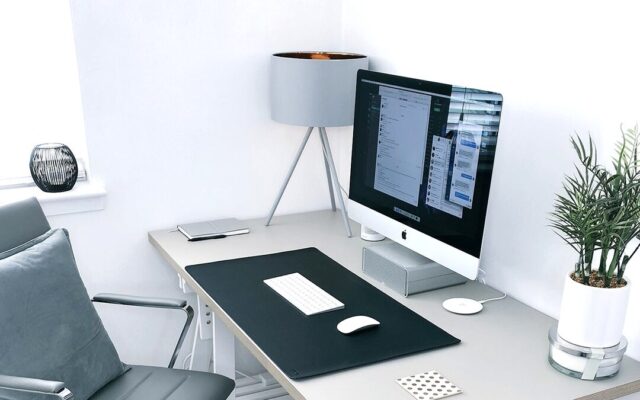
The home office has evolved far beyond a desk and a laptop. Smart lighting systems can now adjust automatically throughout the day to better reduce eye strain and keep energy levels stable.
Ergonomic setups pair with voice assistants to control meetings, reminders, and even music without breaking focus. Noise-canceling devices and acoustic panels turn chaotic spaces into calm, professional environments that make virtual meetings more polished.
For executives who split time between headquarters and home, these tools can close the gap between the two settings. A well-equipped home office doesn’t just keep work moving smoothly. It also supports creativity and better decision-making by minimizing distractions and improving overall comfort. That kind of environment matters when leading teams or managing high-stakes projects remotely.
Entertainment Systems are Getting Smarter Too
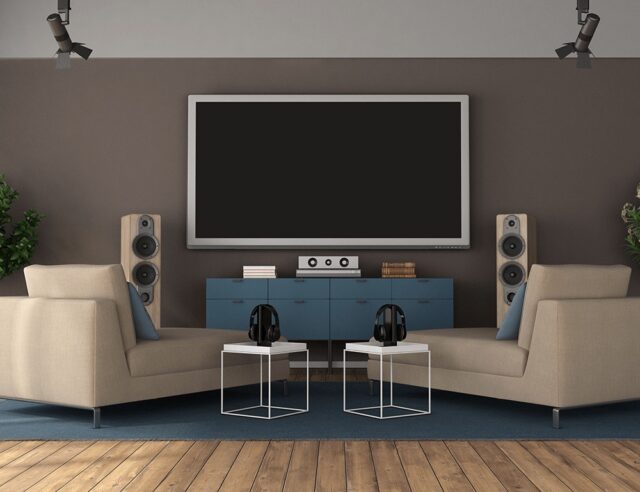
Productivity isn’t only about work. Modern entertainment setups are increasingly intelligent, learning preferences and integrating seamlessly with other devices. Voice-controlled home theaters, adaptive sound systems, and streaming hubs that remember what you like all make it easier to unwind without frustration.
These upgrades are about more than convenience. A seamless entertainment experience reduces friction, allowing people to actually relax instead of troubleshooting devices. In many homes, the same systems that run high-quality work presentations during the day transform into immersive movie nights after hours. That versatility is part of what makes modern home tech so powerful.
Content Creation Tools are Reshaping Careers

There’s been a major cultural shift in how people view content creation. What was once a niche hobby is now a viable business model. Affordable high-resolution cameras, ring lights, microphones, and editing software have turned spare rooms into production studios. Fast, stable internet allows for real-time streaming, while platforms give creators direct access to global audiences.
Influencer marketing has become an important part of brand strategy, and many content creators are building personal brands that rival traditional media. For decision makers, this isn’t just an interesting social trend. It’s a sign that home environments are becoming small business hubs. The technologies that support this shift offer better connectivity, improved audiovisual equipment, and accessible editing tools. Plus, they are changing how work looks for an entire generation of entrepreneurs.
Smart Assistants and Automation Free up Mental Space
One of the most underrated productivity boosters is automation. Voice assistants can handle scheduling, reminders, and quick research. Smart plugs and connected appliances cut down on repetitive household tasks. Over time, these little efficiencies add up. Instead of remembering to adjust thermostats or check locks, people can focus their attention on higher-value work.
For executives who already manage complex schedules, this matters. Technology that reduces cognitive load at home can lead to clearer thinking and better decision-making at work. It’s not about outsourcing everything to gadgets, but instead creating an environment that supports focus, creativity, and rest.
Health and Wellness Tech Keeps Energy Levels High
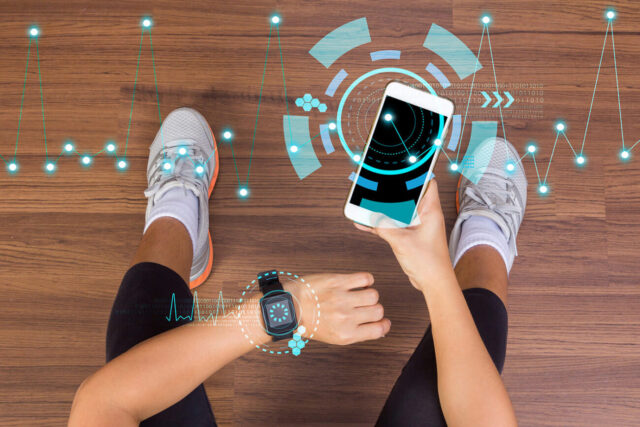
Work and play both demand energy, and more homes are integrating wellness technology to support that. Smart fitness equipment provides personalized workouts. Sleep tracking devices offer insights into rest quality. Air purifiers and climate control systems improve overall living conditions. They can even have measurable impacts on focus and productivity.
For example, a better night’s sleep improves cognitive performance the next day. Cleaner air can reduce headaches and fatigue. Regular movement breaks keep energy levels consistent. By supporting health in the background, these technologies make it easier to sustain long hours of both work and leisure without burning out.
Security Systems Create Peace Of Mind
Finally, productivity depends on feeling secure. Modern home security systems integrate cameras, sensors, and smart locks into a single network that can be monitored from anywhere. They don’t just alert homeowners to problems, they can also prevent them through early detection and automated responses.
For business leaders, this kind of reliability is important. A secure home means fewer distractions and worries when traveling or working late. It also supports flexible work arrangements, where high-value tasks might be handled outside a traditional office. When people trust their environment, they can focus fully on what matters most.


